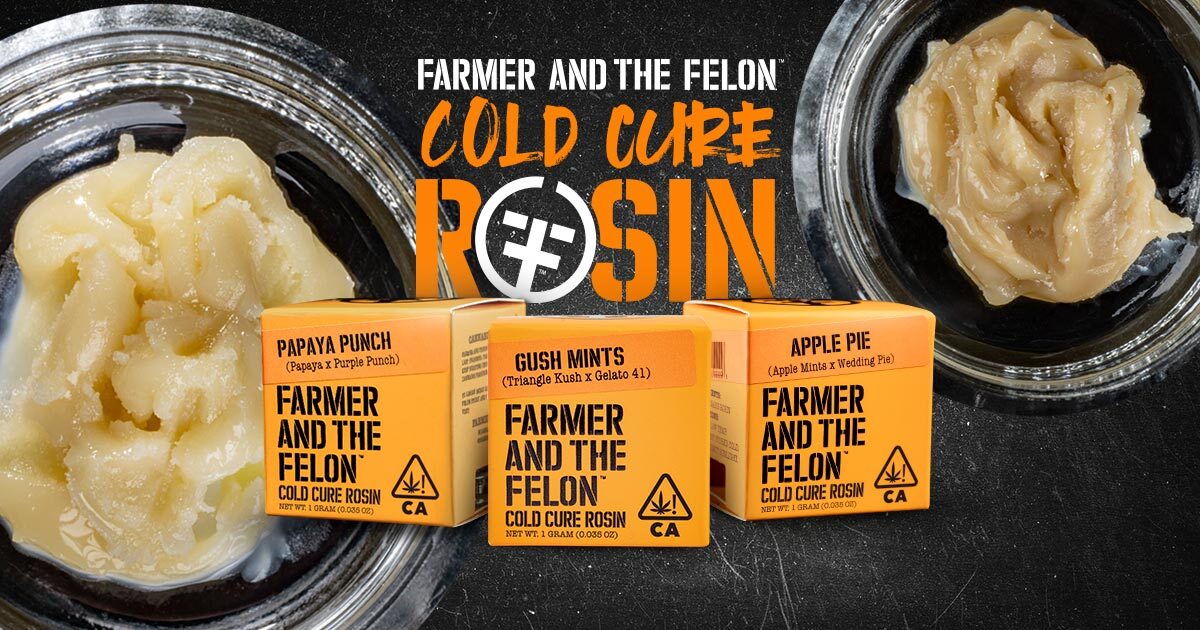As part of Women’s History Month, Farmer and The Felon presents a special collaboration with Valerie Leveroni Corral and WAMM Phytotherapies—a new organization that’s deeply rooted in cannabis history.
We’re proud to share not only Valerie’s incredible story, but also a limited-edition selection of the Envirocann certified cannabis grown utilizing cutting-edge regenerative farming techniques on their farm in Santa Cruz County.
Valerie’s Story
In 1973, twenty-year-old Valerie Leveroni Corral was riding in a Volkswagen bug through the Nevada desert when a small airplane swooped down low enough that its torque caused her vehicle to careen end-over-end off the road. As the Volkswagen skidded and bounced over brush and rocks, Valerie was flung against the roof and doors, causing brain damage (TBI), epilepsy and debilitating migraines.
She was prescribed handfuls of pharmaceuticals that proved largely ineffective in stopping her convulsions and grand Mal seizures. And the side-effects left her lethargic and unable to function.
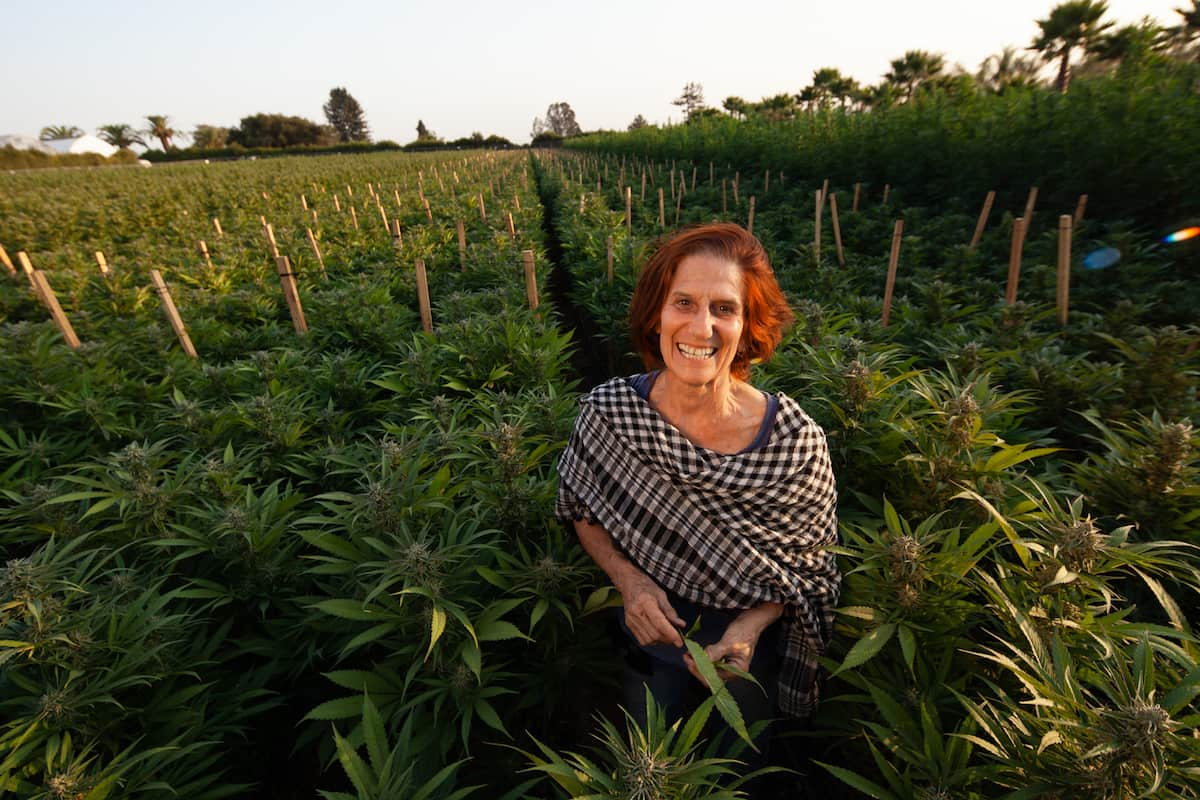
Valerie Leveroni, Executive Director of WAMM Phytotherapies, during the 2020 harvest season. Credit: Justin McIvor.
In 1992, Valerie and her then husband Mike were arrested for the first time for cultivating a small garden of cannabis plants, but local prosecutors dismissed the case after they raised a then novel defense of medical necessity. A year later, the sheriff of the small, liberal town of Santa Cruz, California had them arrested again, but this time the District Attorney not only dropped the charges, he publicly proclaimed that he had no interest in ever prosecuting them, and instructed the police to proceed accordingly.
Soon seriously ill people started contacting Valerie and Mike, asking for help in finding a safe, reliable and affordable supply. They responded by discreetly supplying as many legitimate patients as possible, years before there were any laws in place to protect them for doing so. Eventually they formed a collective called WAMM—the Wo/men’s Alliance for Medical Marijuana—and began to cultivate their own supply of cannabis.
WAMM also began providing end-of-life care, as hundreds of their seriously ill members would pass away, often with WAMM members sitting vigil at their bedside.
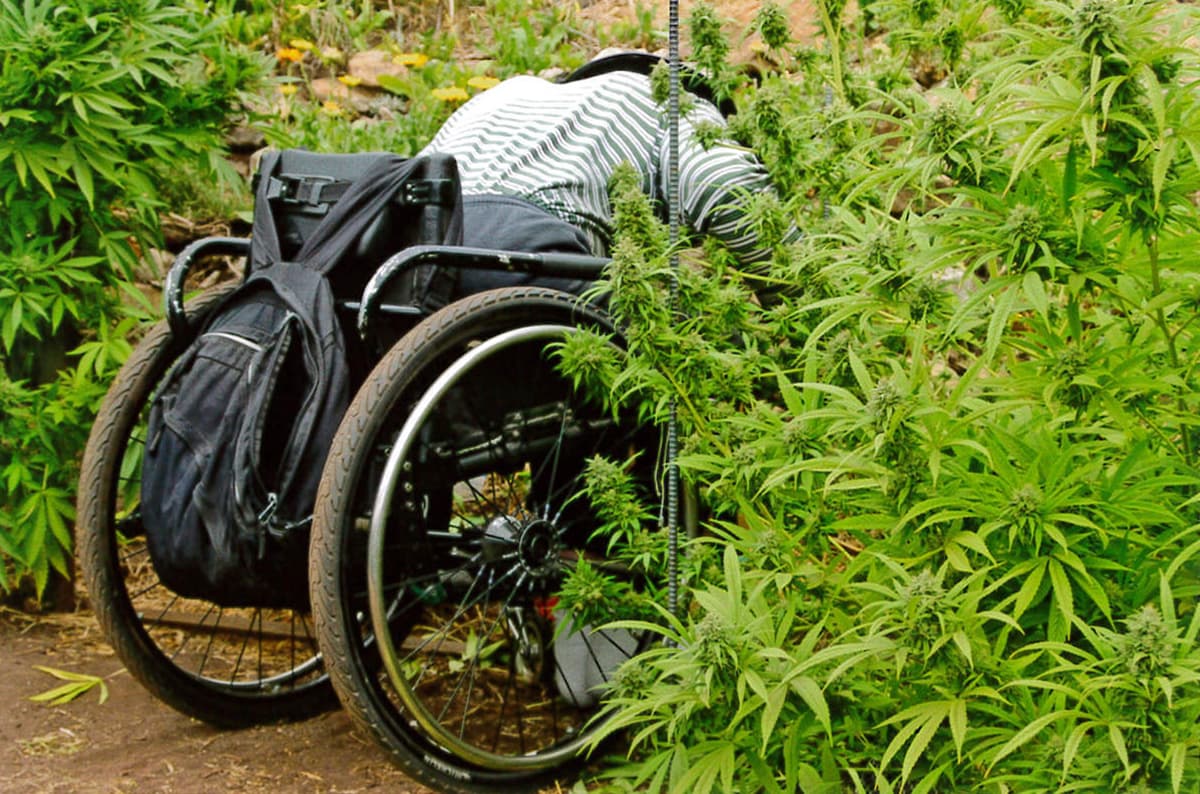
WAMM volunteer tending plants at previous garden site, back during the days of medical marijuana collectives. Credit: Courtesy of WAMM Phytotherapies.
In 1996, Valerie was a co-author of Proposition 215, the ballot initiative that made California the first state to legalize medical cannabis. The new state law remained in direct conflict with federal law, however, and despite now operating completely openly, WAMM and its members continued to risk arrest and imprisonment for making medical cannabis available to the severely ill, including providing it for free or on a sliding scale to those unable to pay for it.
On September 5, 2002, thirty heavily armed agents of the Drug Enforcement Administration raided WAMM’s garden, holding Valerie, Mike, Suzanne (a paraplegic woman) and Alice at gunpoint, before arresting Valerie and Mike and taking them into custody. The agents laughed as they began the long process of chopping down hundreds of towering cannabis plants grown for the sick and dying.
Alerted to the raid by an emergency phone tree, dozens of WAMM members gathered just outside the garden’s security gate in response, using their wheelchairs, canes and walkers to effectively barricade the DEA inside. With local TV news cameras rolling, these brave WAMM members dared the authorities to drag them off, refusing to end the stand-off until the feds promised to free the garden crew from custody.
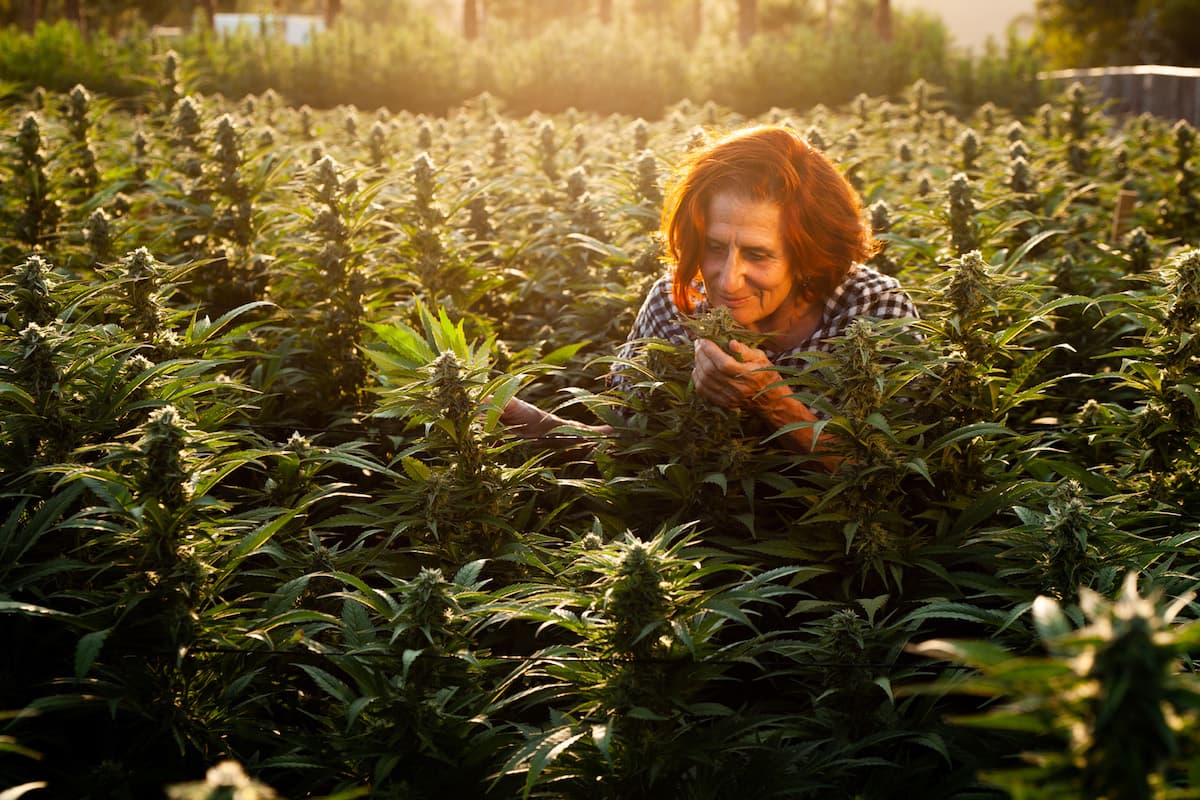
WAMM Phytotherapies will resume their mission of compassionate care, providing cannabis to those who need it most. Credit: Justin McIvor.
Once released, however, Mike and Valerie still faced a very real threat of ten years in prison. But instead of backing down, less than two weeks after the DEA raid, they gathered WAMM together on the steps of City Hall, alongside the Mayor of Santa Cruz, to defiantly distribute free medical marijuana to WAMM’s terminally ill members.
Thousands of people rallied in support, marching through the streets of town towards city hall carrying small cannabis plants and placards with pictures of loved ones.
With the New York Times, CNN and more than 100 additional media outlets on hand to document any potential showdown, federal authorities failed to show up, beyond circling overhead in a DEA helicopter. So, with support from the City and County of Santa Cruz, and legal assistance from the law professor Gerald Ullman, the ACLU, Bingham-McCutchen, Ben Rice and the Drug Policy Alliance, WAMM sued the US Justice Department, the DEA, and the US Attorney General, ultimately winning an injunction against future enforcement actions issued by a federal court judge who called WAMM “the gold standard” of the medical cannabis movement.
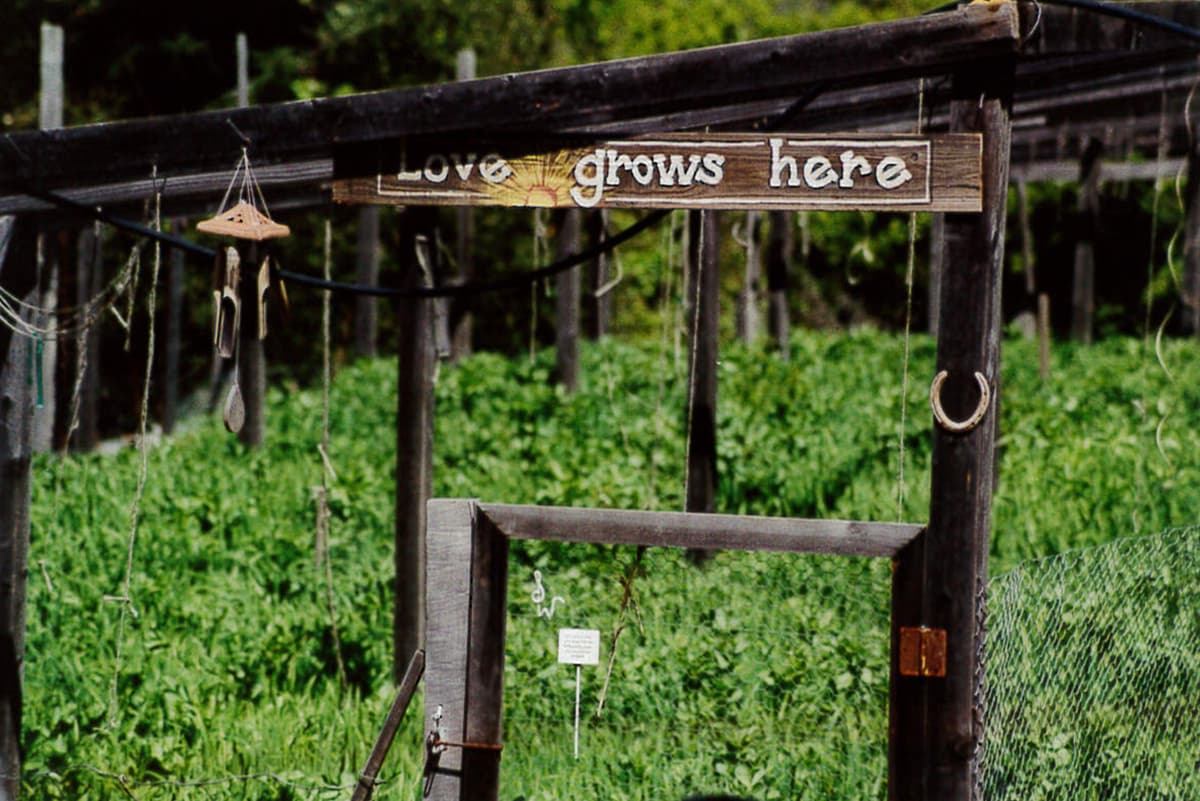
Love grows at the WAMM garden, which was raided by DEA agents in 2002. A the time, the medical collective defiantly replanted. Credit: Courtesy of WAMM Phytotherapies.
The next Spring, WAMM defiantly replanted their garden.It was a major turning point in ending the War on Cannabis. WAMM would continue to operate until January 1, 2018 when new cannabis regulations came into place that prevented the organization from continuing as a collective, and did not include any provisions for compassionate giving.
On March 1st, 2020, The Dennis Peron and Brownie Mary Act officially took effect in California, restoring the ability of legal cannabis suppliers to provide free cannabis to those in need. Valerie Leveroni Corral marked the occasion by officially launching WAMM Phytotherapies, a new, licensed cannabis company (a Public Benefit Corporation) dedicated to making premium quality, regeneratively grown cannabis products accessible and affordable to all, while promoting compassionate access to those in the greatest need.
Follow WAMM Phytotherapies on Instagram.
Learn more about WAMM Phytotherapies Partner Series jars and strains.
